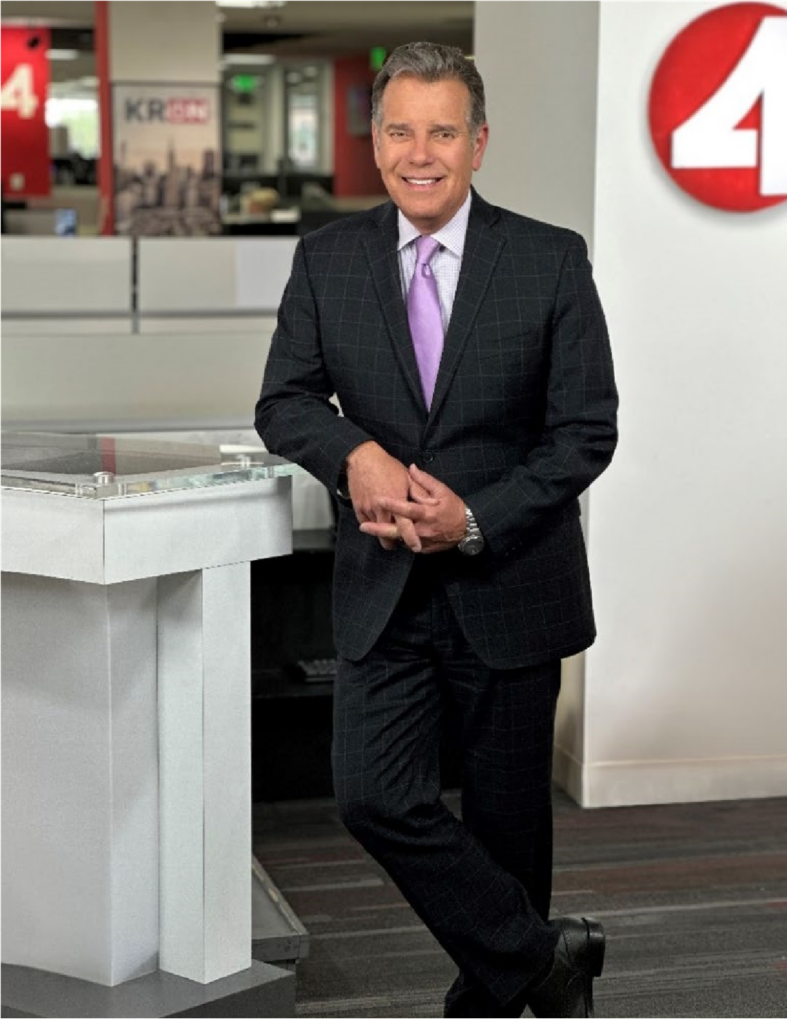NAB President Gordon Smith gave his blessing to the House incentive auction bill, but said he'd prefer stronger language that would require the FCC to preserve stations' current coverage to "the maximum extent possible." Smith would also like the final bill include a requirement that the FCC use the same signal protection criteria that it did when it shifted broadcasters to digital service two years ago.
NAB’s Smith: Spectrum Bill Good, But …
For the most part, NAB President Gordon Smith likes the House Energy and Commerce Committee’s incentive auction bill that would empower the FCC to auction TV spectrum and share the proceeds with stations that voluntarily gave up their spectrum for the auction.
But, in testimony today before the committee, Smith said he would like to see a couple of little changes made before it becomes law.
As written, the legislation would require the FCC to make “reasonable efforts” to preserve the coverage areas of the TV stations that choose not to give up their spectrum. Smith said he would prefer stronger language that would require the FCC to preserve coverage to “the maximum extent possible.”
He also requested that the final bill include a requirement that the FCC use the same signal protection criteria that it did when it shifted broadcasters to digital service two years ago.
Smith characterizes his requests as a matter of preserving viewer access to over-the-air signals.
“I underscore the importance of having access to broadcast channels when we see weather seasons like the one we’ve had this year, with tornados ripping through communities,” he said.
“While public safety is the first responder, broadcasters are, in fact, the first informers. As you help one, we ask that you don’t do damage to the other. We are partners and the public counts on us both.
“In fact, in a recent study, 71% of people in Alabama first learned about the Alabama tornados through their local television station. Moreover, broadcast is relied on exclusively by 46 million Americans, and those numbers are the highest among Hispanic, low-income and rural communities.
“I believe these viewers deserve more than just “reasonable efforts.”
Smith said he was heartened by other provisions in the bill, particularly those that say no TV station would be forced into the VHF band as part of the channel “repacking” that would follow the auction, that stations would be reimburse for the cost of moving their channel during repacking and that there would be no future auctions of TV spectrum.

























Comments (1)
Brian Bachynski says:
July 28, 2011 at 12:01 pm
Free broadcast TV and local news are the backbone of the American information highway. Looks to me like government is trying to restrict or limit it, and force people to pay for it through cable, satellite, etc. These monthly charges for TV, cell phones, IPS to the internet are gouging us… eating at our personal economies. If the government needs more frequencies they should invent them, not steal or take them over. If government wants to better serve we the people… they should take a look at this TV, cell and IPS price gouging. All of these rates could be cut by half and they would still make money. There is no price competition, but price fixing. The original concept for the internet going back to Arpanet (sp?) was that the signal would be free. Cable TV is a dinosaur, cellular phone service and internet provider services (IPS) are fraudulently price gouging every American. Write or call your House and Senate reps about protecting free broadcast TV and complain about the price fixing. Strike a blow for liberty, truth and justice for all.